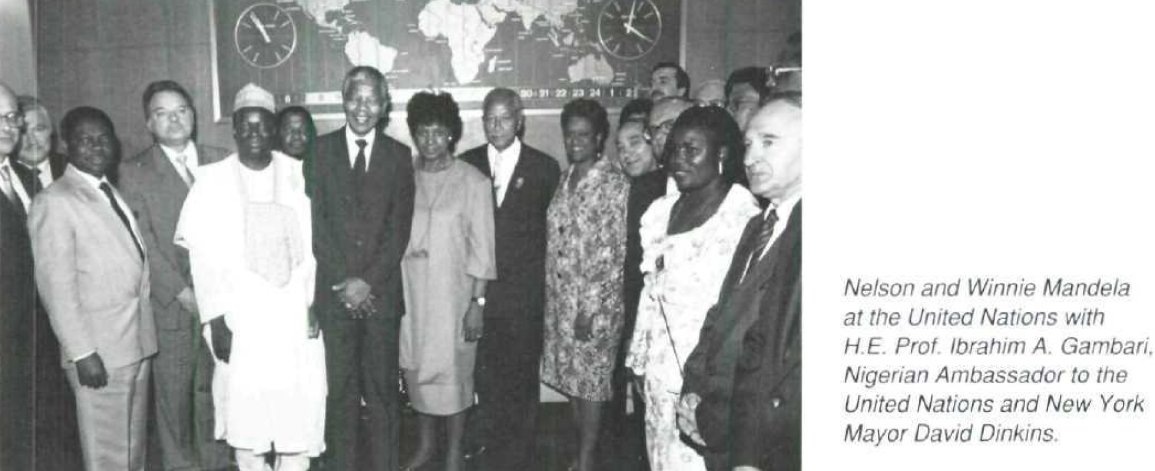At AAI, we feel an urgent responsibility to rapidly and systematically process, digitize, archive, and publicize our organization’s unique historical contribution to the shaping of the intellectual fabric of the Black Atlantic. Thanks to generous support from the Mellon Foundation, AAI is working to make publicly available the history catalyzed by the Africa-America Institute and to tell a more complete and nuanced story of how the modern world was built.
Over the past 70-plus years, AAI has maintained records that document our history, impact, and legacy. Our collection is a remarkable resource for the study of the history of educational support and exchange, and people-to-people as well as official relations between Africans, African-Americans, and the United States. AAI’s alumni database, oral history project, and archive initiative are efforts to protect and celebrate this history. This new work would focus particularly on AAI’s archival records at the University of Massachusetts at Amherst and collecting stories for our Alumni Oral Histories Project.
Each of our archival collections represent not just pivotal moments in history, but foundational intellectual movements. Our unprocessed archives reveal the untold stories of Africans and African Americans who advanced a collective agenda for African liberation through education and the documented efforts of elementary and secondary school educators committed to providing school-age children with accurate, unbiased information about Africa and its global diaspora.
From the Desk of AAI’s Historian
Mora McLean with His Excellency Festus Gontebanye Mogae, the 3rd President of Botswana
It was in 1996, almost thirty years ago, that as AAI’s then newly-minted chief executive officer, I found the 1953 Certificate of Incorporation for the Institute of African American Relations (AAI’s original name) in the New York headquarters files. Surprised, and intrigued, to see William Leo Hansberry, the late African American scholar of African antiquity, listed as an incorporator, I felt compelled to recover AAI’s founding history—a past that is integral to the histories of African decolonization, U.S.-Africa relations, and U.S. knowledge production and education about Africa.
Before retiring from AAI in 2012, I made it a priority to identify an appropriate repository for AAI’s records collection. So I was gratified when the Board of Trustees accepted my recommendation that it be held at the University of Massachusetts-Amherst Libraries—which also houses the collections of Horace Mann Bond, AAI’s first board chair, and W.E.B. DuBois, who mentored Hansberry as a young historian and later relied upon Hansberry’s research on Africa’s pre-colonial past.
Today, in my current role as an independent researcher and scholar, I’m ecstatic that plans are underway to make the AAI Records Collection accessible to audiences, worldwide! To me the Mellon Foundation grant to support AAI’s Alumni Oral History Project and Archives Initiative feels like a personal as well as institutional milestone. The journey toward this watershed moment has been long and eventful and, as the task of historical recovery continues, will no doubt prove to be unfailingly worthwhile.
-Mora McLean, AAI President Emerita & Historian
Mora McLean with His Excellency President Sam Nujoma, 1st President of Namibia, and Kofi Appenteng, AAI President & CEO



